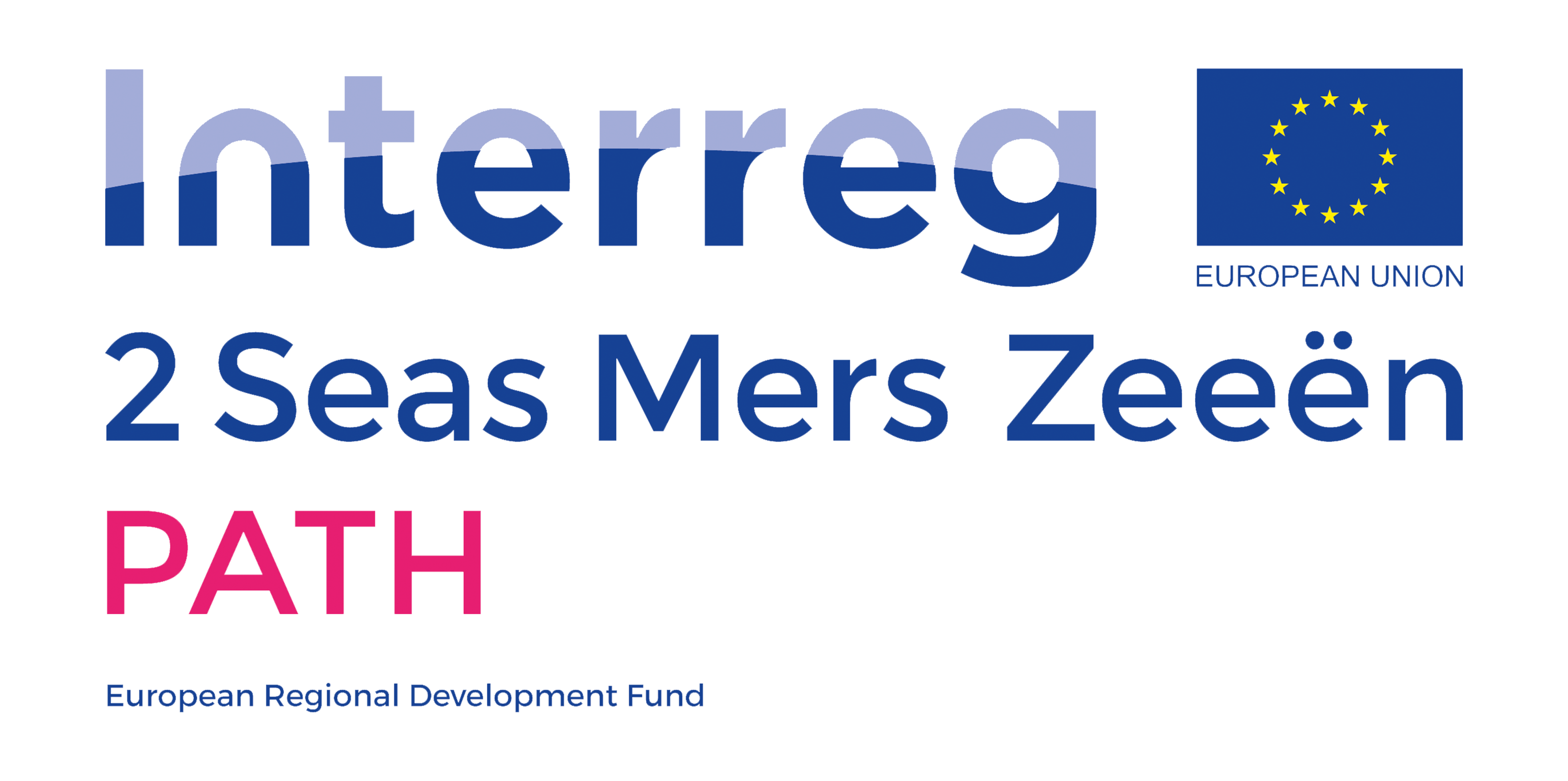
© 2021 Copyright: Bournemouth University
You may be experiencing symptoms such as flashbacks or nightmares and may be feeling jumpy, over-anxious, angry or irritable and having difficulties concentrating or sleeping. You may feel very over-protective of your baby or be experiencing difficulties with feeding or responding to your baby and may be worried you don’t feel a bond with your baby.
This video shares the stories of women who have experienced birth trauma and how they found help
Because many of these symptoms can also be normal for new parents, birth trauma is often not picked up by health professionals, or mistaken for postnatal depression or anxiety. You might find it hard to label your birth as ‘traumatic’ or to talk about the birth because it brings up distressing memories. However, your GP, midwife or health visitor can help you to access the right support and treatment if they are aware of how you are feeling so don’t worry about taking the time to talk even if you think they are busy.
Some hospitals offer a post-birth debriefing service where you can discuss your birth experience although some parents find it distressing to return to the same hospital. Speak to your midwife or health visitor to find what services are available in your geographical area. Trauma-focused cognitive behavioural therapy (CBT) and eye movement desensitisation and reprocessing (EMDR) can be helpful treatments. You can self-refer to psychological therapy – do remember to state you have a baby under one year of age as you will have priority treatment. You can also find support and advice from The Birth Trauma Association.
It’s okay to ask for help. You are not alone and you are not to blame for how you are feeling but it is important to seek support.
For full information please visit